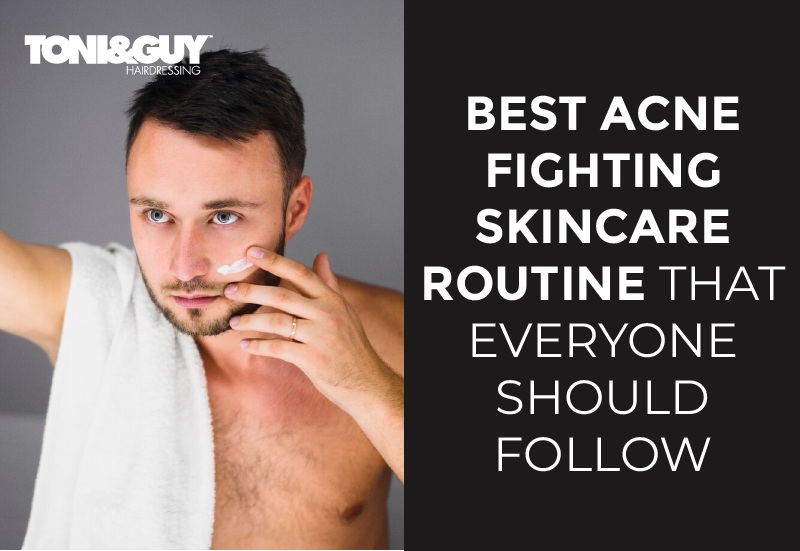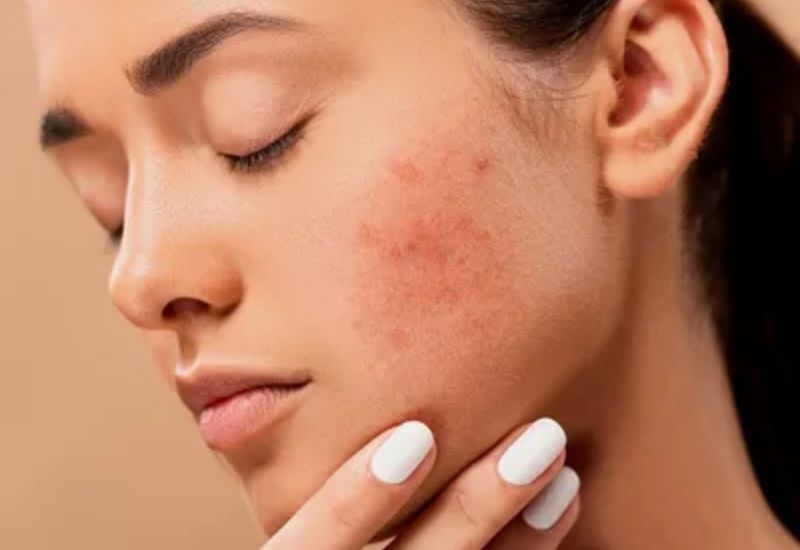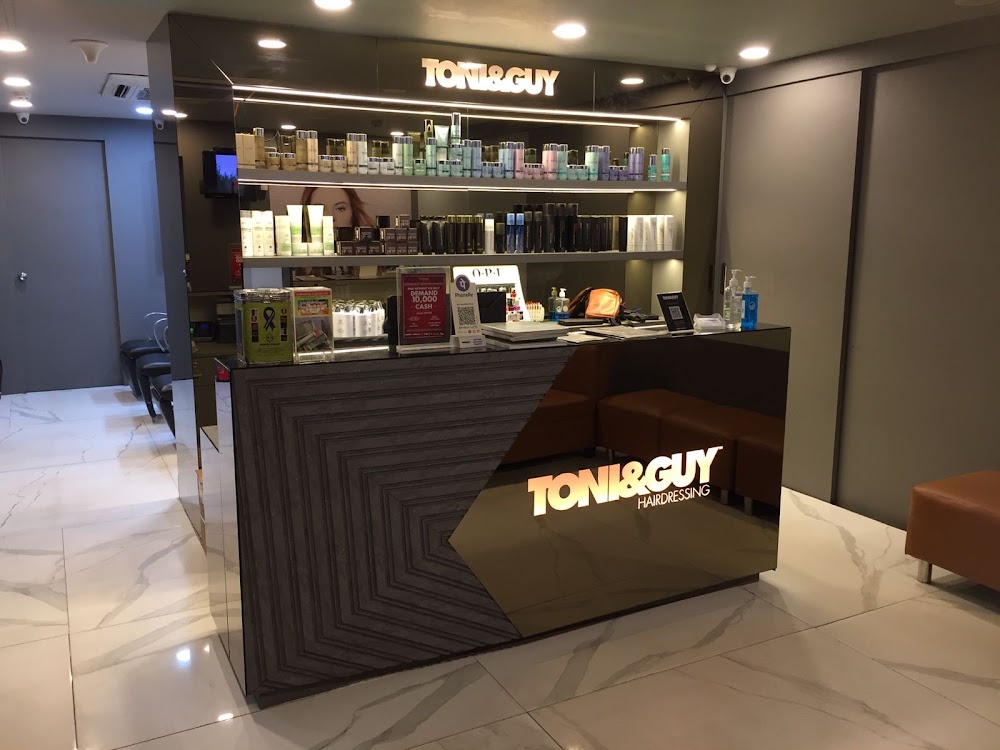
Introduction
Acne is a general problem with more or less every age group of people, which makes them feel uncomfortable and lowers their self-esteem, too. However, a properly designed routine can help eliminate acne and be followed depending on different sorts of skin and lifestyles.
This blog post explains a great acne fighting skincare routine, carefully dissecting each step. We give you an insight into why these approaches work for the skin and guide you on customising them to your ideals.
This way, it addresses the underlying causes of acne and promotes overall skin health by maintaining a balanced and sustainable skincare routine.
This routine gives you a complete strategy that will prevent and improve your skin conditions and make better than ever-looking skin, whether managing the occasional breakout or tackling chronic acne.
Understanding Acne and Its Causes

Before diving into the routine, it’s crucial to understand what acne is and what causes it. Acne occurs when hair follicles become clogged with oil and dead skin cells, leading to blackheads, whiteheads, or pimples.
Factors contributing to acne include hormonal changes, diet, stress, and genetics. Understanding these factors can help tailor a skincare routine to combat acne effectively.
Gentle Cleansing
Cleansing is the cornerstone of any skincare routine, particularly for acne-prone skin. The key is to use a gentle cleanser that effectively removes impurities without stripping the skin of its essential oils. Over-cleansing or using harsh products can disrupt the skin’s natural balance, increasing oil production and aggravating acne.
When choosing a cleanser, look for non-comedogenic (won’t clog pores) and hypoallergenic formulations. Ingredients like hyaluronic acid or glycerin are beneficial as they cleanse while maintaining hydration.
It’s crucial to wash your face twice daily – in the morning to remove any oils that have built up overnight and clear away the day’s dirt and makeup in the evening.
Exfoliating with Care
Exfoliation is vital for removing dead skin cells and unclogging pores, common culprits in acne formation. However, moderation is key. Over-exfoliation can strip the skin of natural oils, leading to irritation and increased acne. It’s essential to choose the right type of exfoliant.
Chemical exfoliants like AHAs (e.g., glycolic acid) and BHAs (e.g., salicylic acid) are generally preferred for acne-prone skin as they are less abrasive than physical exfoliants. Limit exfoliation to 2-3 times a week and observe how your skin reacts, adjusting frequency as needed.
Using Acne-Fighting Treatments
Various treatments target acne, including topical retinoids, benzoyl peroxide, and salicylic acid. Topical retinoids help in cell turnover and prevent clogging of pores. Benzoyl peroxide is effective for its antibacterial properties, and salicylic acid is a BHA that profoundly penetrates pores to dissolve excess sebum.
Each ingredient has distinct benefits but can also be drying or irritating. Always conduct a patch test before completing the application and start with lower concentrations to minimise potential irritation. Introduce new treatments gradually, allowing your skin to adapt.
Moisturising and Hydrating
Contrary to popular belief, moisturising is crucial for acne-prone skin. Hydrating the skin helps to regulate oil production and maintain a healthy skin barrier. Select non-comedogenic moisturisers that provide necessary hydration without clogging pores.
Ingredients like ceramides, niacinamide, and hyaluronic acid are beneficial for preserving moisture while soothing the skin. Apply moisturiser while the skin is still damp to lock in extra hydration.
Sun Protection
Sun protection is essential, especially when using acne treatments, as many can increase photosensitivity. A broad-spectrum sunscreen protects against UVA and UVB rays. For acne-prone skin, look for sunscreens that are oil-free and non-comedogenic.
A gel-based or lightweight lotion formulation is preferable to avoid pore-clogging. Apply sunscreen every day, regardless of the weather, as UV rays can penetrate clouds and windows.
Lifestyle Factors and Diet
Acne is not just a topical issue; lifestyle and diet significantly influence skin health. Diets high in sugar and dairy have been linked to increased acne, while foods rich in omega-3 fatty acids, antioxidants, and vitamins can promote healthier skin.
Additionally, factors like stress, inadequate sleep, and certain medications can exacerbate acne. Adopting a holistic approach that includes healthy eating, regular exercise, and stress management techniques can be beneficial in managing acne alongside topical treatments.
Toni & Guy Salons

Toni & Guy salons in Chennai are synonymous with cutting-edge hairstyling and top-notch beauty services. With a strong global presence, they bring world-class expertise to the heart of the city.
Their talented team of hairstylists and beauty professionals offer a wide range of services, from precision haircuts and colouring to luxurious spa treatments and bridal makeovers.
Using premium products and innovative techniques, Toni & Guy ensures clients leave the salon feeling and looking their best. Whether you’re seeking a chic urban style or a classic look, Toni & Guy Chennai is the go-to destination for all your beauty and grooming needs.
Takeaway
The best combination for a skincare routine fighting against acne is the best mix of consistency, quality products and relationship with the skin. Knowing the skin type and reasons for this youthful outbreak will be essential.
Begin with a mild cleanser and move on to a toner as it restores the pH of your skin, and end with an oil-free spot treatment that can visibly clear breakouts with salicylic acid or benzoyl peroxide.
Remember to moisturise your skin, since even oily skins need this, and complete your skincare routine in the day with some broad-spectrum sunscreen. Exfoliate your skin once a week to clear dead skin cells, but avoid over-exfoliating as it can cause more irritation.
Most importantly, be patient and consistent with your routine because results take time. Remember to consult a dermatologist for severe or persistent acne.
Follow these steps and adapt along the way to clear and healthier skin. Something that you should not worry about is overnight results; rather, remain committed to the skincare journey you’ve already begun.
FAQs
- Can over-cleansing cause more acne?
Over-cleansing or using harsh cleansers can strip the skin of natural oils, leading to increased oil production and acne.
- How often should I exfoliate acne-prone skin?
Limit exfoliation to 2-3 times per week. Over-exfoliation can irritate the skin and worsen acne.
- Are there specific ingredients I should look for in acne treatments?
Look for ingredients like benzoyl peroxide, salicylic acid, and retinoids. Start with lower concentrations to minimise irritation.
- Is moisturising necessary for oily, acne-prone skin?
Absolutely. Moisturising helps regulate oil production and maintain skin health. Choose non-comedogenic products.
- Why is sunscreen important in an acne routine?
Many acne treatments increase skin sensitivity to the sun. Broad-spectrum sunscreen protects against harmful UV rays and prevents further skin damage.
- Can diet affect acne?
Yes, diet plays a role in skin health. Foods high in sugar and dairy may exacerbate acne, while a balanced diet rich in omega-3s and antioxidants can improve skin condition.


